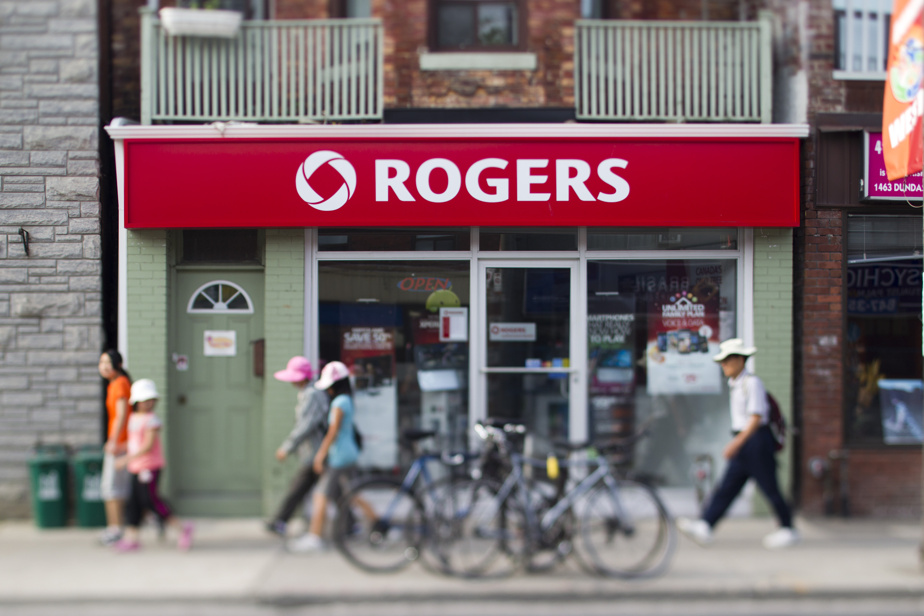(Toronto) Rogers customers who are not tied to a contract will pay more for their cell phone plans starting at the end of the month.
The price increases will be in the range of less than $7 to more than $9 per month, depending on their plan, the telco says. This decision will take effect on invoices received after January 17.
Rogers spokesperson Cam Gordon said the company is committed to providing “the highest standards of quality and reliability,” which includes greater capacity, expanding its network into more communities and improved customer service.
He points to Rogers’ recent announcements aimed at increasing affordability, such as the introduction of its discounted 5G plan for eligible low-income households and the decision last May to halve the price per gigabyte of data on its most popular 5G plan.
Following Rogers’ $26 billion acquisition of Shaw last April, the company’s CEO, Tony Staffieri, said in an interview that the deal and its associated terms were intended to increase competition and that “prices will fall.”
Spokespeople for BCE and Telus did not immediately respond to questions from The Canadian Press about whether they too would increase prices. Quebecor, for its part, claims to have frozen its prices for customers of its Freedom Mobile, Videotron and Fizz brands.
Eric Smith, a spokesperson for the Canadian Telecommunications Association, cites a Statistics Canada report that shows cellular service prices have fallen by more than 47% over the past five years.
“In addition to falling prices, the Canadian telecommunications sector has invested billions of dollars each year in expanding and improving its networks so that subscribers benefit from a faster network, more coverage wide and larger data allocations,” he defends in an email.
The latest inflation report from Statistics Canada reveals that consumers who signed up for a cell phone plan in November paid 22.6% less than those who did so a year earlier.
On the other hand, comparative studies with global prices for mobile telephony and the Internet always show that these services are expensive for Canadians.
One of these reports, produced last February by Wall Communications, for Innovation, Science and Economic Development Canada, reveals that Canadians were still paying the highest prices in the world for cellular telephone and broadband services in 2022.
“I still see customers spending too much outside of the holiday season,” says Mohammed Halabi, CEO and founder of MyBillsAreHigh.com, a company that helps businesses and individuals save money on their telecommunications expenses.
“Maybe package prices have come down a bit. But do I, as someone who is out in the field every day seeing what customers are spending, see it? Not really. »
